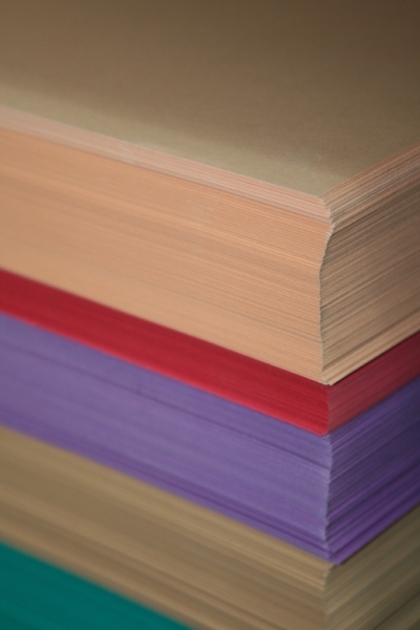
Who is really wealthy? This has been the classic question for humanity throughout time as we chase physical pleasures and benefits to stave off our existential fear of our irrelevance and impending death.
The Mishna on Amud beis informs us that even the poorest person on Passover eve should conduct himself as if he were from the wealthy class. That is he should drink and eat while leaning as if he were royalty, even though in a material sense he is far from that. The chiddush of the Mishna is that the poor person can experience freedom and wealth, despite it being in some sense, a farce.
Yismach Moshe (BeShalach) quotes a perplexing Shemos Rabbah (20:18) that attempts to explain the source for this obligation on an impoverished person to eat and drink while leaning, despite the obvious lack of freedom. The verse in Shemos (13:18) “and He led the people roundabout into the wilderness (vayasev)” noting the play on words, the Midrash uses this as a proof text to support the idea that even a poor person is required to lean (lehasev). The question is, how is this in any way a proof, aside from the clever play on words?
Yismach Moshe suggests the following interpretation. There are two kinds of impoverishment and therefore two kinds of wealth and freedom. Material and physical, and spiritual and emotional. G-d led the Jewish people through the wilderness in the roundabout way in order to receive the Torah in a state of physical desolation which allowed for spiritual enrichment. This is what is being alluded to in the statement that God led the Jewish people roundabout into the wilderness. This is the directive for even the impoverished person to recline as if he were the ruling class, because by declaring his freedom from physical and material limitation through his acceptance of the yoke of Torah, he can then become truly free. This is why even the poor person reclines on Passover.

 Previous
Previous
